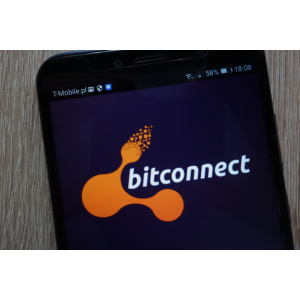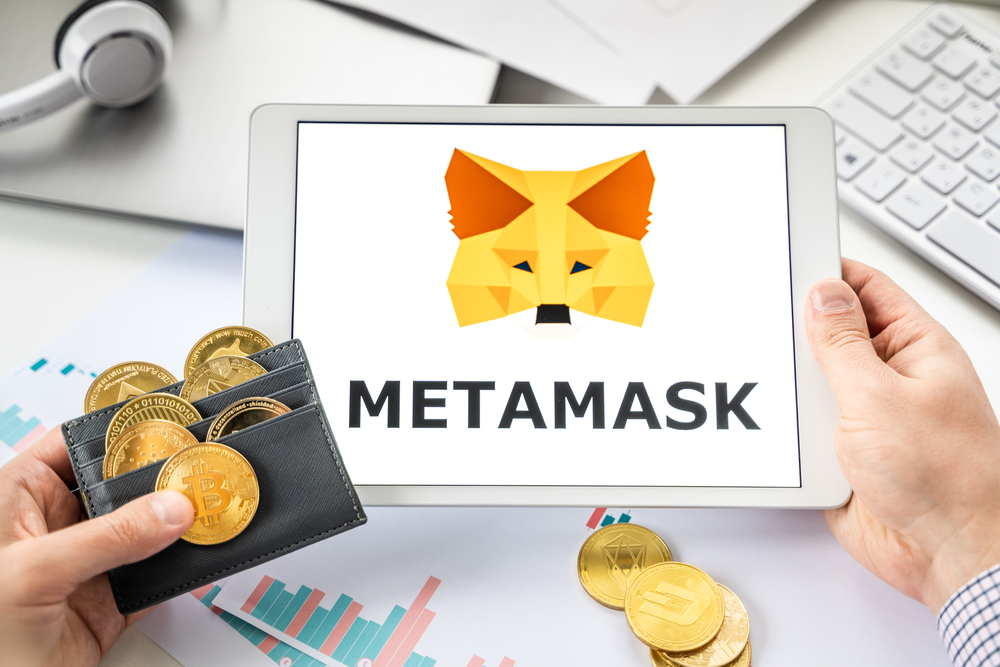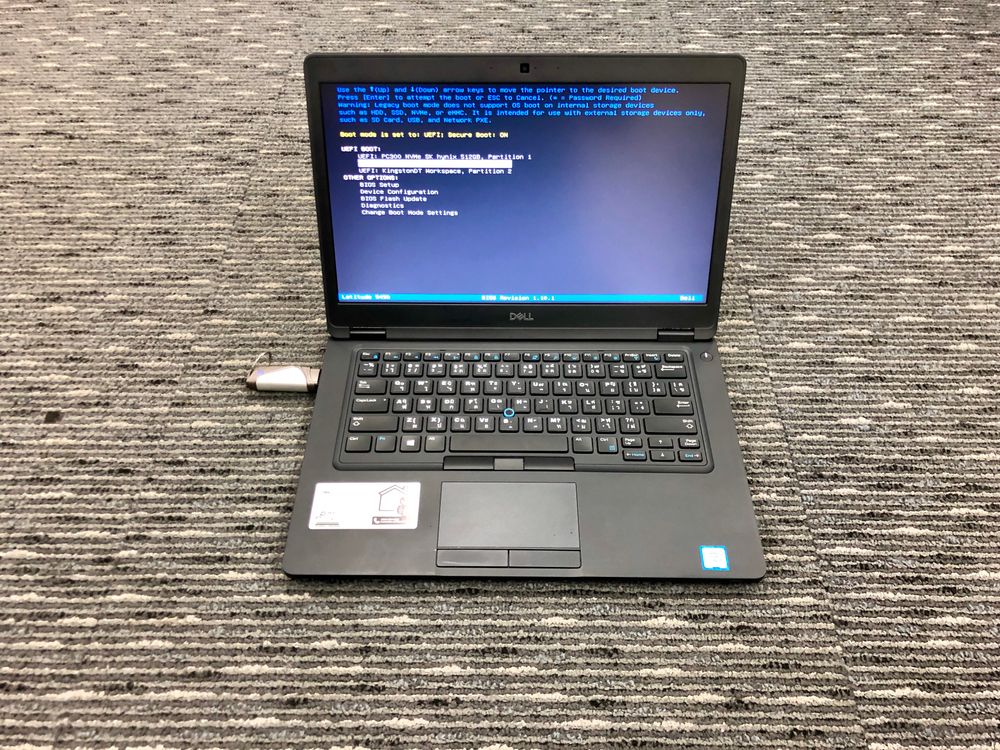A multimillion-pound high court case between an authoritarian Gulf emirate and an Iranian-American businessman has revealed how hacked evidence is being used by leading law firms to advance their clients’ claims.
In a phishing campaign described by the Russian cybersecurity channel In2security on Telegram and confirmed by researchers from Kaspersky Lab, attackers used a phishing website and Telegram bot to collect personal data from Russian users.
Victims of a massive investment fraud scheme are set to receive restitution. Around 800 individuals residing in over 40 countries worldwide will benefit from the federal district court order issued in San Diego at the end of last week.
Bitdefender security analysts stumbled across a malware threat campaign dropping EyeSpy spyware. It is originally considered to be a part of a monitoring application called SecondEye. The campaign appears to have begun in May last year from Iran, with infections detected across Germany and the U.S. Experts recommend genuine VPN solutions downloaded via official websites.
Shields Health Care Group, a prominent Massachusetts-based medical imaging services provider, is facing proposed class action lawsuits in federal and state court stemming from a 2022 breach that affected 2 million individuals.
MetaMask, the cryptocurrency wallet provider, disclosed a new scam baiting its users into sending funds to scammers’ wallet addresses. The address poisoning technique used by scammers relies on similarity to the original recipients’ addresses. Creating an address that closely matches a target address takes less than a minute, revealed experts.
With SecZetta, SailPoint will be able to expand its capabilities to help companies gain better visibility into all types of identities, across both employee and non-employee identities all from a single, market-leading identity security platform.
BianLian (not to be confused with the same-name Android banking trojan) is a Go-based ransomware hitting Windows systems. It uses the symmetric AES-256 algorithm with the CBC cipher mode to encrypt over 1013 file extensions on all accessible drives.
Sophos reported that the Cuba ransomware group used malicious hardware devices certified by Microsoft’s Windows Hardware Developer Program in an attack that abuses OWASSRF vulnerability.
LockBitSupp’s focus on professionalizing the group is part of the reason why Lockbit has found such success in the cybercriminal world – the group accounted for 44 percent of the total ransomware attacks launched last year.







